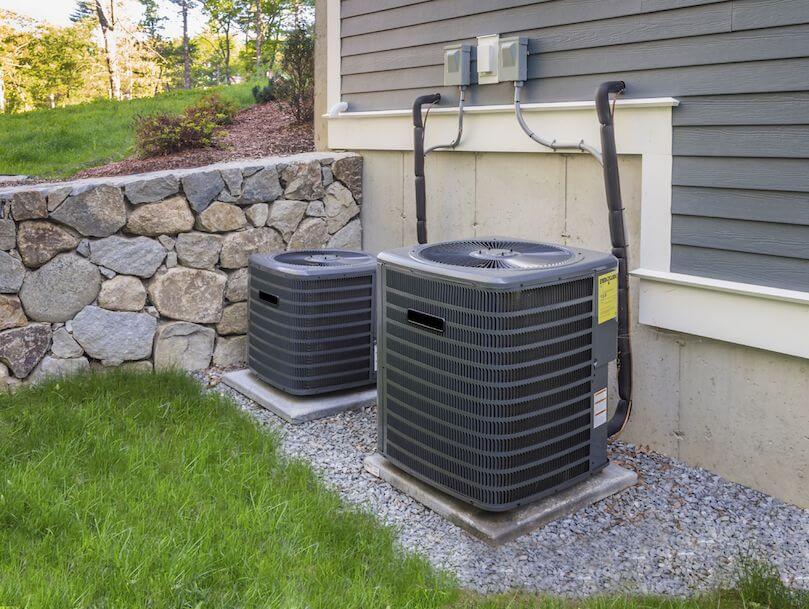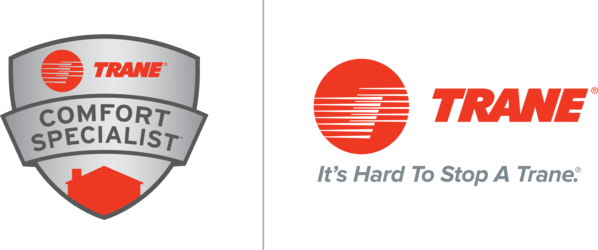WHAT DO HVAC RATINGS MEAN?
When it’s time for you to shop for a new home comfort system, there are a lot of factors to think about. Is it the correct size for your home? Is it energy efficient? How does the system work with your finances? Will the system be quiet enough for your space? What kind of air quality can you expect? It can be overwhelming. On top of all the inquiries you have, some HVAC knowledge seems just out of reach. The acronyms and shorthand that industry professionals may include can be confusing for the average homeowner. Luckily, the team at Air Solutions, Inc are breaking down the system ratings you need to know before making a purchase:
Annualized Fuel Utilization Efficiency (AFUE): This efficiency rating is a ratio that associates how much of the fuel you use in your furnace to the amount turned into useable heat. A better system will have a higher percentage of heat used.
If your system has an AFUE rating of 85, that means the system turns 85 percent of the fuel used into useable heat. A system with an AFUE of 90 or higher is considered high efficiency. Lennox has residential furnaces with ratings up to 98.7—the highest in the industry.
Seasonal Energy Efficiency Ratio (SEER): Both heat pumps and air conditioners use this rating. Much like AFUE, this ratio measures how much of the fuel used to power a heating and cooling system is converted to cooling output. The higher your unit’s SEER, the more efficiently it runs.
Minimum SEER ratings vary between regions. A high efficiency model that provides more energy savings in the long run will generally be a little more expensive. Lennox makes air conditioners with SEER ratings up to 26—another industry leading rating.
Heating Seasonal Performance Factor (HSPF): Have a heat pump? This is the heating efficiency rating you need to know. You’ll want to look for heat pumps with a higher rating if efficiency is your goal. If you are in the market for a heat pump that’s ENERGY STAR® efficient, you’ll need a rating above an 8.2—as well as a SEER rating above 12.
Minimum Efficiency Reporting Value (MERV): Air filters have holes that permit air and particles to circulate through your home. MERV takes a look at the size of the holes. The higher the rating, the smaller the holes in the filter—and fewer particles that get into your home. If you’re seeking a more efficient filter, find one with a MERV rating of 10 or higher.
Air filters are essential to keeping the air in your home clean and comfortable. Make sure to find the rating that works with your home, with your system and change the filter frequently.
Keeping these ratings in mind as you begin looking for a new system will help ensure you find one that meets your needs and will work with your home. If you’re ready to find the best solution, or you have more questions about system ratings, call the experts at Air Solutions, Inc. You can reach us at 409-962-2476 or by arranging an appointment with us online. We’ll work with you to find the best solution and get to the bottom of all your questions.
 Rated 5.0 out of 5.0
Rated 5.0 out of 5.0






